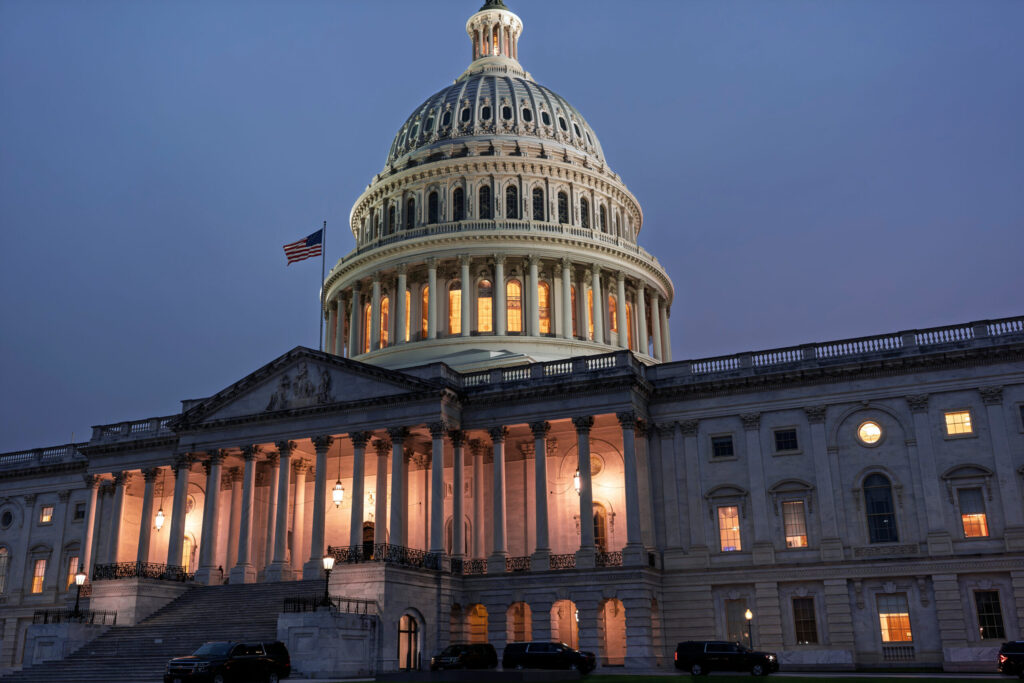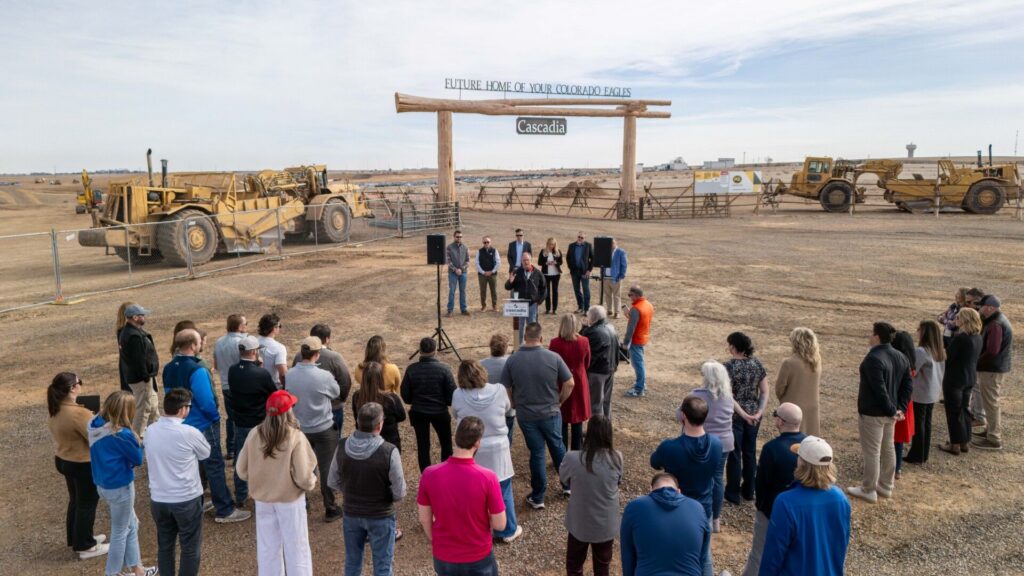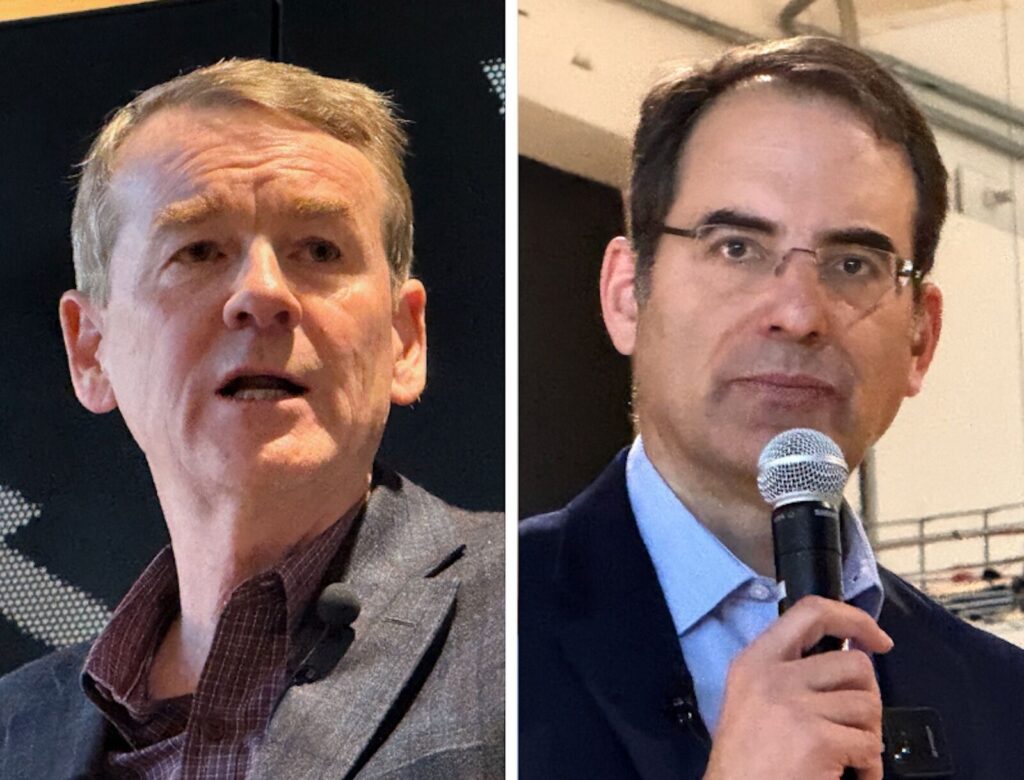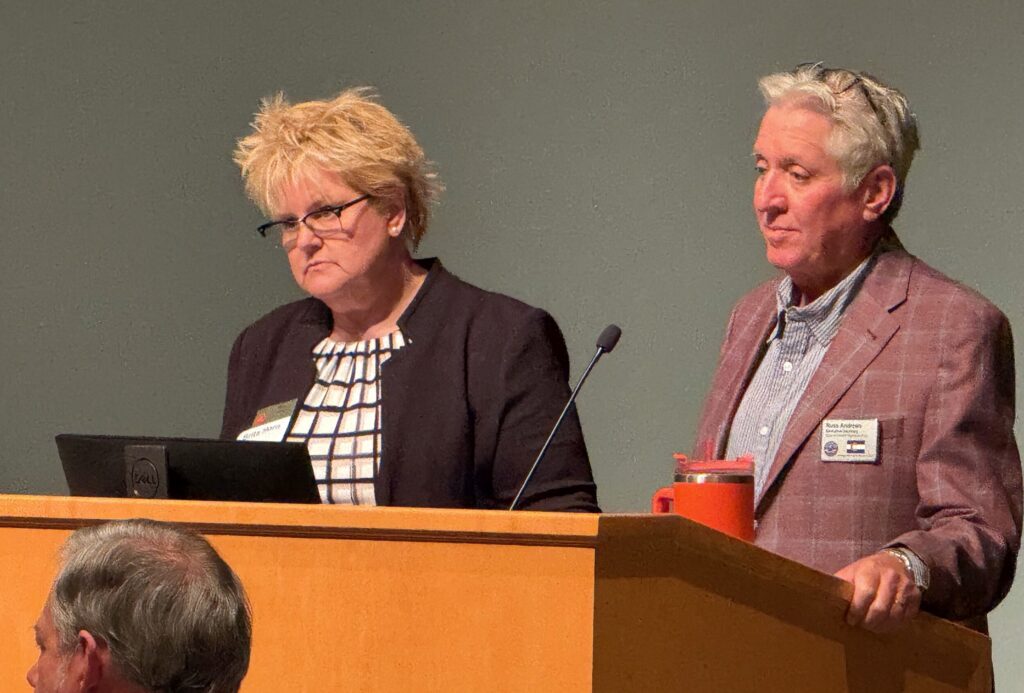Study cites costs of oil and gas measure; Ken Salazar calls it unconstitutional

A study by a business coalition released July 27 crunched the costs of putting 2,500-foot setbacks between homes and oil and gas operations in Colorado.
“If passed, this initiative will have a devastating impact on our economy,” Earl Wright, chairman of the Common Sense Policy Roundtable Board of Directors, said of Initiative 97, whose backers are gathering signatures to place the measure on the November ballot.
And Ken Salazar, a former U.S. senator and Interior secretary, said at an industry forum Thursday that Initiative 97 would be “unconstitutional” because it would be an uncompensated confiscation of property.
> RELATED: Anti-fracking group recovers missing petitions
The business coalition, called the Common Sense Policy Roundtable, says the numbers show the measure would “decimate” the oil and gas industry in the state.
The pro-energy study, titled “Increasing the Oil and Gas Setback Requirement to 2,500-feet in Colorado: An Economic and Fiscal Impact Analysis,” says that Initiative 97 would eliminate more than 100,000 industry jobs in Colorado and more than $1 billion in taxes paid to the state.
The measure would increase buffers around new oil and gas operations from the current 500 feet for homes and 1,000 feet for schools to 2,500 feet – nearly half a mile.
The economic impact analysis was authored by Chris Brown, the director of policy and research for the Common Sense Policy Roundtable, and research analyst Zhao Chang for the REMI Partnership. Their findings were reviewed by Ian Lange and Braeton Smith with the Colorado School of Mines Mineral and Energy Economics Program.
“If ever there were a reason to oppose a measure, the job losses associated with the passage of this proposal is it,” said Mike Kopp, president and CEO of business coalition Colorado Concern and a former Republican state senator and gubernatorial candidate. “The number of job losses resulting from the passage of this measure will surpass the entire population of Pueblo. The negative impacts of this initiative are so far-reaching, it will take Colorado decades to recover.”
> RELATED: Drama over oil and gas ballot measure: Claims of stolen petitions, harassment
Other members of the REMI Partnership include the Colorado Association of Realtors, the Colorado Bankers Association and the Denver South Economic Development Partnership. The partnership funds business research to guide public policy.
This study is the latest rollout of dire projections for the losses that pinching off oil and gas could bring to the state.
Democratic gubernatorial candidate Jared Polis and environmental groups contend there are equal financial rewards and tremendous environmental advantages to switching the state to renewable energy, instead of harvesting fossil fuels. They also contend that the industry hurts property values and public health, notions the industry strenuously refutes.
Nevertheless, Polis opposes Initiative 97, as does fellow Democrat Gov. John Hickenlooper.
Meanwhile, Salazar said at a petroleum-industry event Thursday that Initiative 97 would be “unconstitutional.”
Salazar – now a partner at Denver law firm WilmerHale – was a guest speaker at the Colorado Petroleum Council’s annual energy luncheon.
He told the Colorado Independent that new residential development is encroaching into areas of existing oil and gas development.
“The consequence of that is that you have a greater degree of awareness and a greater degree of conflict that we’ve seen now for the last 10 years,” Salazar told the news outlet.














